Israeli court rejects petition to release Palestinian inmate on hunger strike for 120+ days
An Israeli court has rejected a petition submitted for the immediate release of a Palestinian prisoner who is in serious health condition after being on hunger strike for more than 120 days in protest against Israel’s so-called policy of administrative detention.
The Palestinian Prisoner's Society (PPS) attorney, Jawad Boulos, said on Sunday that an Israeli court refused to release 40-year-old Hisham Abu Hawash, who has been on hunger strike for 125 consecutive days in protest at his indefinite, unfair and unexplained imprisonment at the hands of the Tel Aviv regime, and to move him to a civil hospital after his health condition further deteriorated, Palestine’s official Wafa news agency reported.
Bolus said the court ruled that the administration of Israel’s Ramla Prison should decide whether to move the Palestinian inmate to a civil hospital or to keep him at the jail’s clinic.
This comes as the Israeli military appeals court decided last week to renew Abu Hawash’s administrative detention for four months despite his deteriorating health condition. Bolous said at the time that he will appeal the court's decision to Israel's High Court.
Abu Hawash is said to be suffering from various pains all over his body, weight loss and constant vomiting after being on months-long hunger strike against his detention without charge.
His family has already warned that he may die any moment as a result of his prolonged hunger strike, calling for urgent action to save his life before it is too late.
Abu Hawash, a father of five children, was arrested in October 2020 and held in an Israeli jail under administrative detention, a form of imprisonment in which the individual is never tried and can be held indefinitely.
He is one of the four prisoners who went on extended hunger strikes against their detention without charge. The other prisoners were Kayed Fasfous, Ayyad al-Harimi, and Lo’ai al-Ashqar.
Last month, 34-year-old Fasfous and Harimi, 28, suspended their months-long strikes after Israeli authorities agreed to set them free.
Fasfous finally walked out of an Israeli jail and returned home to his family on December 5, after refusing to eat for 131 days in protest.
Facing widespread international criticism, the regime has also agreed to free several other Palestinians, who’ve been on lengthy strikes.
More than 7,000 Palestinians are reportedly held in Israeli jails. Hundreds of them have apparently been incarcerated under the "administrative detention". Some prisoners have been held in administrative detention for up to 11 years.
Palestinian detainees have continuously resorted to open-ended hunger strikes in an attempt to express their outrage at the detention.
Palestinian inmates have also been subjected to systematic torture, harassment and repression all through the years of Israel’s occupation of the Palestinian territories.
Over a dozen Palestinian lawmakers and nearly 20 journalists are also held in Israeli detention centers, several of them under the same detention policy.
In 2015, Israel approved a law that authorizes force-feeding the Palestinian prisoners on hunger strike, a practice rejected by the UN as a violation of human rights.
The United Nations and the International Committee of the Red Cross (ICRC), as well as many human rights group have frequently expressed serious concern about hunger strikes’ health condition and call for their immediate release.
'Gaza has won': Social media users react to ceasefire with mix of relief, joy
Iran seeks South Korea’s assistance for AI, fiber-optic projects
VIDEO | Iran's 'Eqtedar' (Power) maneuver
Israel hits HTS military target in Syria for 1st time since fall of Assad
VIDEO | Press TV's news headlines
Israel has slaughtered 13,000 students in Gaza, West Bank
VIDEO | More Zionist than Zionists: Biden’s legacy to be defined by Gaza genocide
Hamas confirms handing approval of Gaza ceasefire deal to mediators


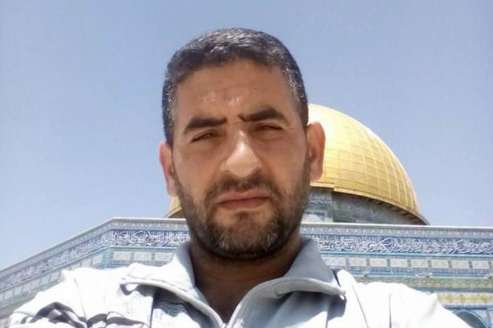

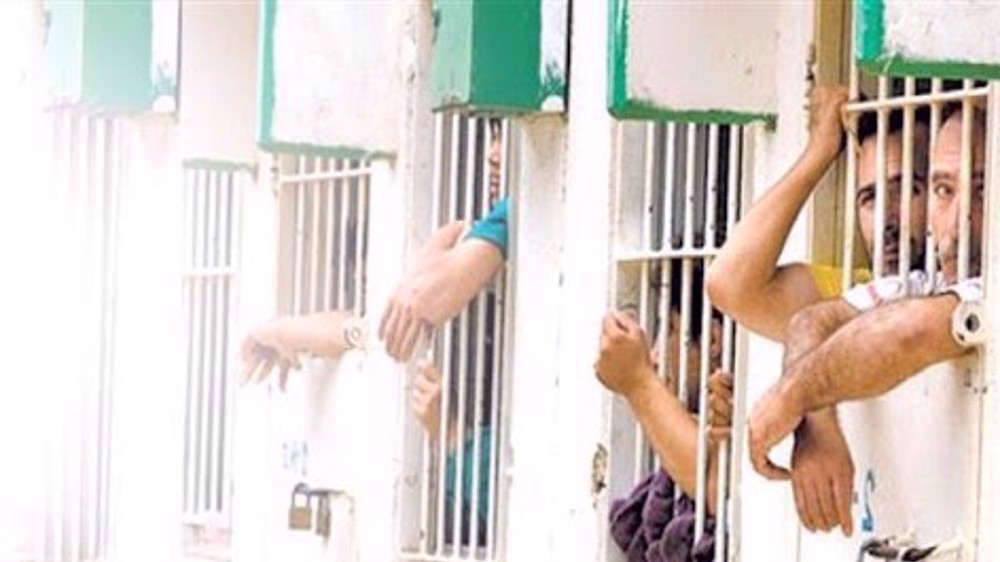
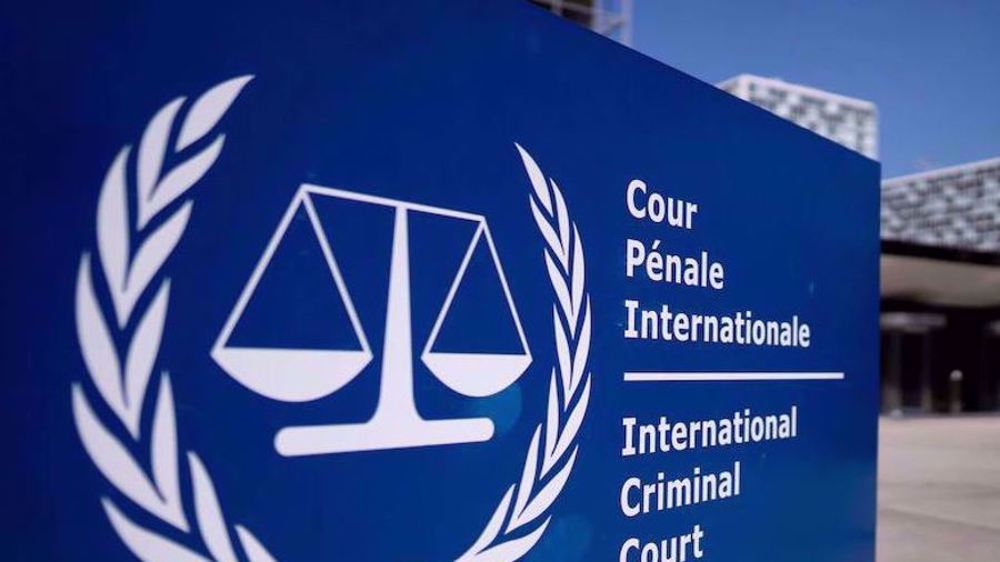

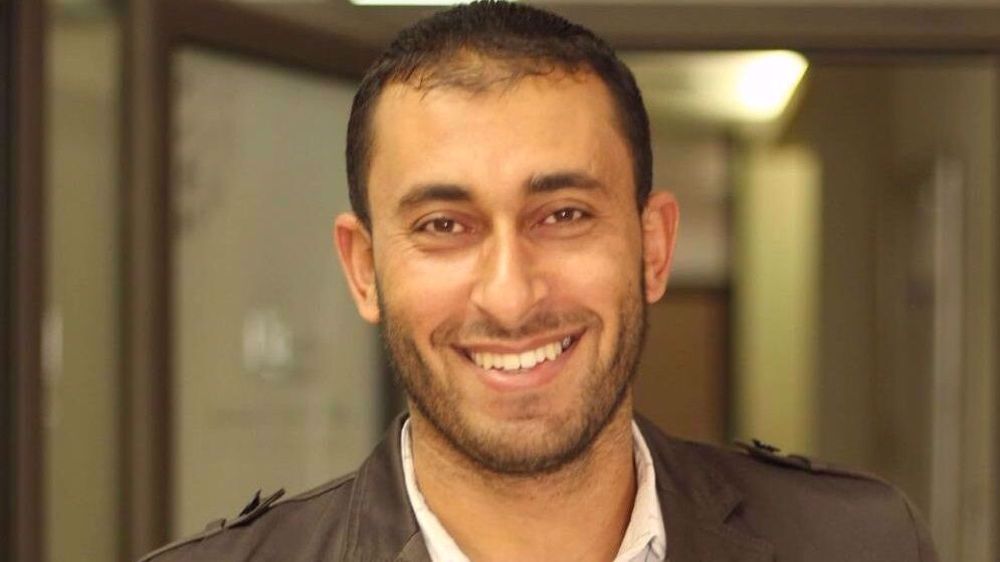




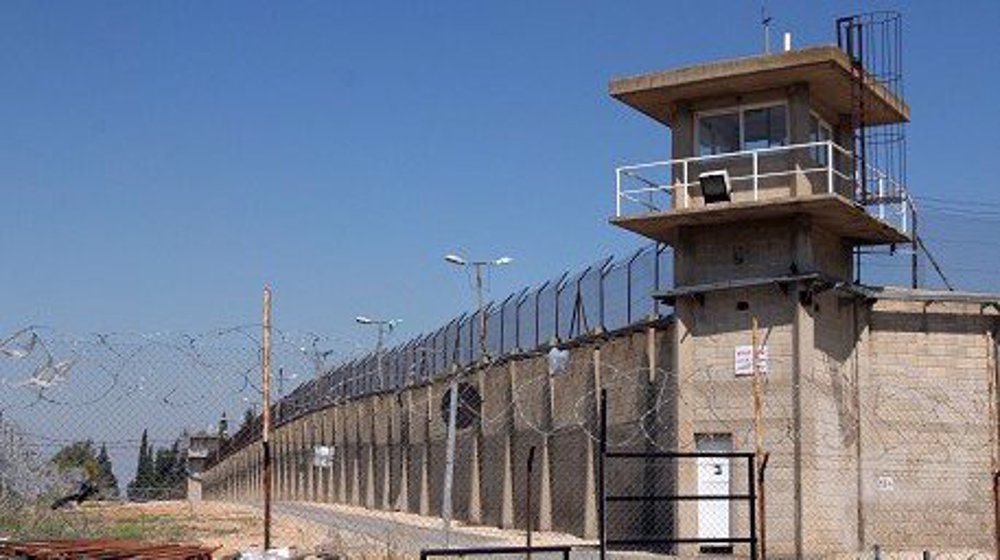

 This makes it easy to access the Press TV website
This makes it easy to access the Press TV website